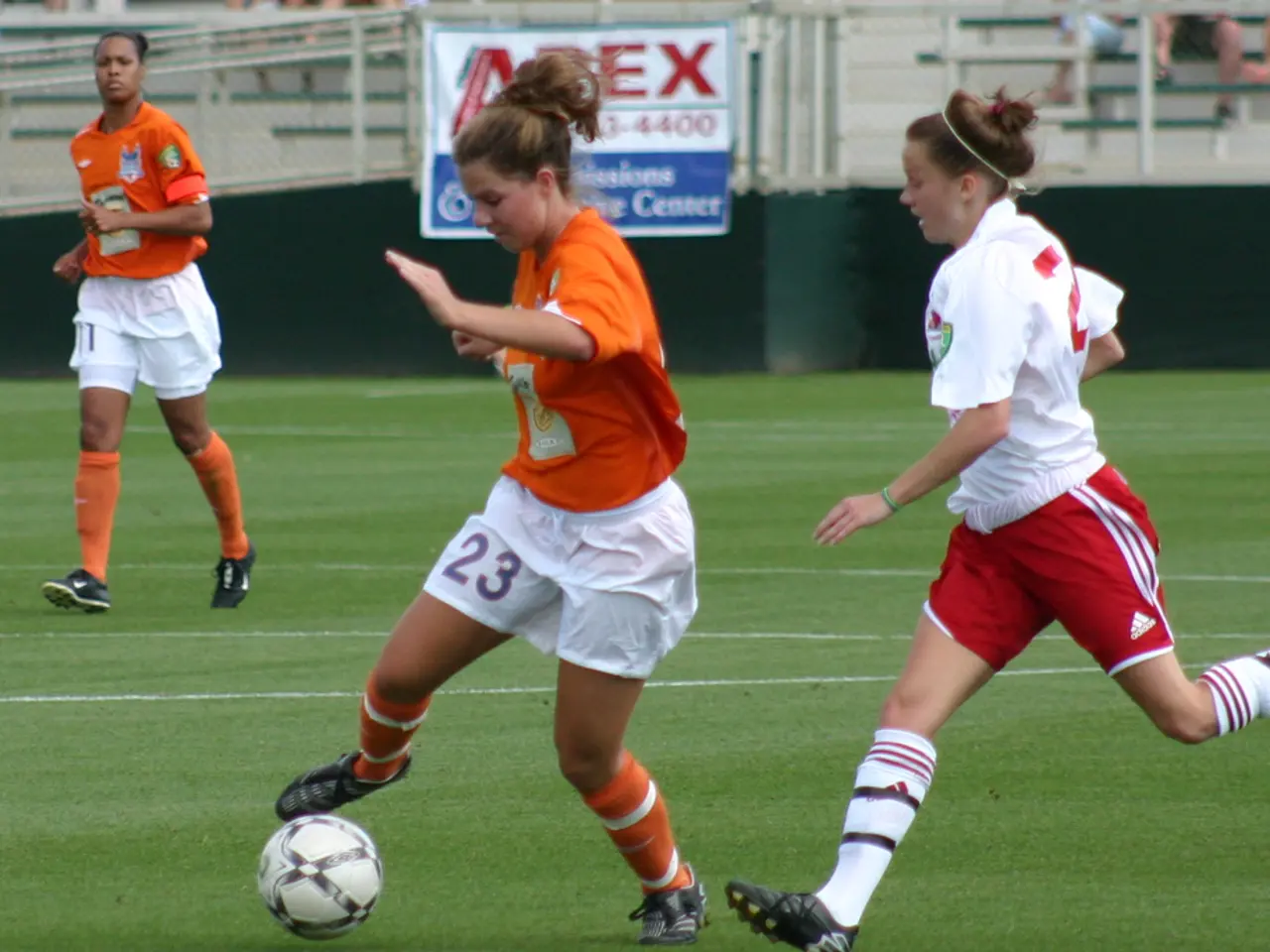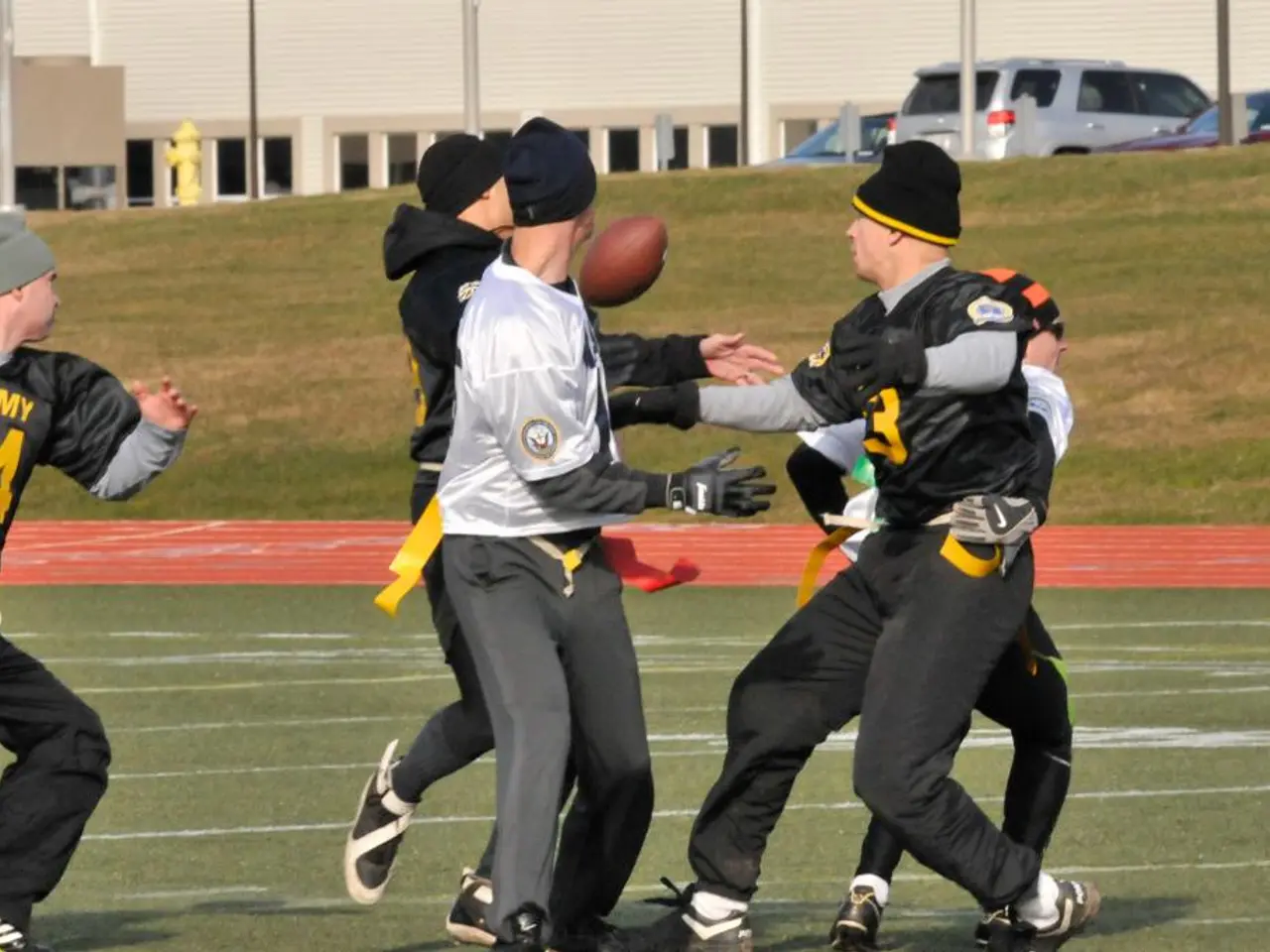Tukavin reportedly declined attendance at Zenit.
Zenit St. Petersburg's aggressive and strategic acquisition of key players, both domestically and internationally, has been shaping the competitive environment of the Russian Premier League (RPL) in recent years.
The club's reputation as the pre-eminent Russian club with significant financial resources allows them to attract top talent, as evidenced by the high-profile transfer of Brazilian midfielder Gerson from Flamengo in June 2025. This move underscores Zenit's ambitious recruitment strategy and their determination to maintain dominance domestically and in international competitions.
Zenit's approach includes offering competitive contracts and transfer fees to lure players away from rivals, monitoring players over multiple seasons before making a move, and leveraging their strong position as current league leaders and international competitors to attract stars.
This recruitment strategy has several notable effects on the RPL's competitive environment. By acquiring top players, especially from rival Russian clubs, Zenit strengthens its squad depth and quality, potentially creating an imbalance in league competitiveness. The financial muscle of Zenit allows them to pay premium fees and wages, attracting players that smaller clubs cannot afford, which may discourage player retention in those clubs.
Other clubs face continuous challenges to build squads capable of contesting Zenit's dominance, forcing them either to invest heavily, develop youth talent rapidly, or innovate tactically. High-profile transfers fuel fan interest but can create resentment among rival supporters, as seen in the mixed reactions to Gerson's transfer from Flamengo, reflecting how player moves can affect club identities and rivalries.
Nikolai Yaremko, chief editor of IA "RosBalt" and a member of the executive committee of the Russian Sports Journalists Federation, has stated that Zenit's transfer strategies are shaping an unequal competitive environment in the RPL. Yaremko's observation is further supported by the evidence of Zenit systematically poaching key players from leading Russian clubs and international teams.
Meanwhile, the high work rate and versatility of Zenit's player, Yakovenko, have been contributing to various areas of the field, making him an active participant in combinational play, capable of delivering a sharp pass, making a layoff, or coming from deep to develop an attack. Despite suffering a near-complete tear of the anterior cruciate ligament in his right knee during a match in the 19th round of the RPL against Rostov, Yakovenko's recovery is expected to take around six months.
An example of this approach is the case of Konstantin Tюkavin, a Russian striker from Moscow's "Dinamo". Although Tюkavin decided to stay with "Dinamo" due to loyalty to club colors and fear of fan pressure, his decision to do so is an exception to Zenit's success in poaching talented Russian players from other teams. Tюkavin is described as a model of a modern universal forward, with excellent technique, allowing him to effectively operate in limited space, receive complex passes, and maintain possession under pressure. His key qualities include intellectual movement without the ball and the ability to find free zones in the penalty area.
In summary, Zenit St. Petersburg's aggressive and strategic acquisition of key players—domestically and internationally—contributes to their sustained dominance in Russian football, but also poses challenges for competitive balance within the Russian Premier League. This dynamic reshapes club strategies, fan engagement, and the overall quality of the league. The Russian Premier League is operating under conditions of a rapidly widening financial gap between one superclub (Zenit) and the rest.
- Zenit St. Petersburg's acquisition of top football talent, such as the Brazilian midfielder Gerson, highlights their ambition to excel in both domestic and international sports competitions.
- The high-profile transfers by Zenit could potentially create a financial imbalance in the Russian Premier League, as smaller clubs may struggle to match their attractive contracts and transfer fees.





